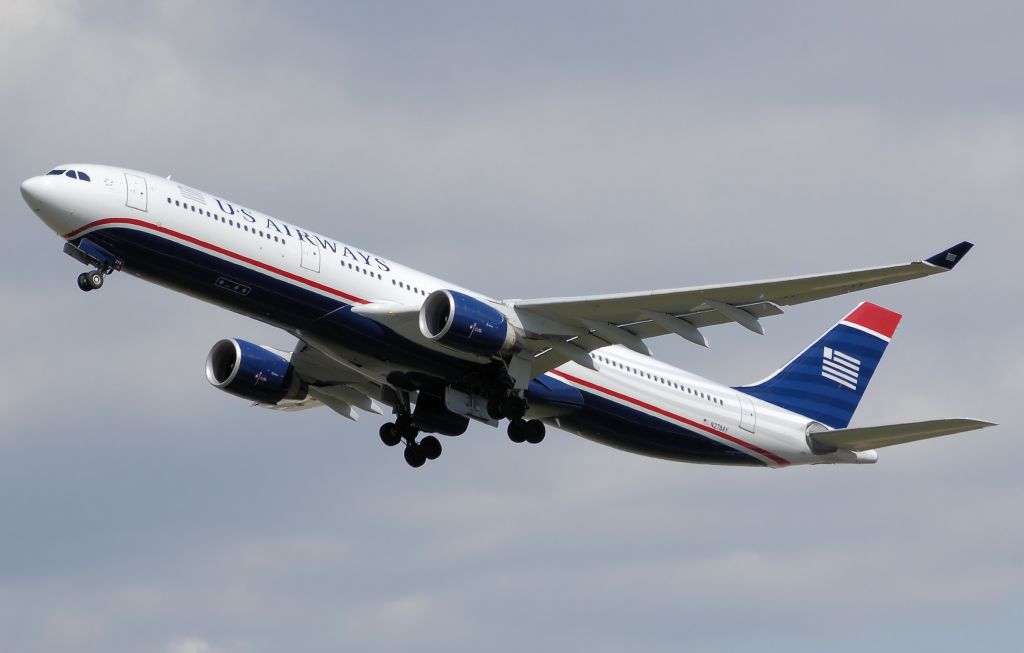Aage Krogh, IUNO Denmark
The Norwegian Appeal Court has established that a freight forwarder had to compensate a shipper 39,000 Euro as a load of salmons arrived 40 hours late and therefore no longer were fit for human consumption. The freight forwarder had to compensate the full loss, because he had given incorrect information about the time of departure and arrival, and because he had neglected to correct the information during the carriage.
A Norwegian freight forwarder was engaged to carry fresh salmon from Norway to Hanoi in Vietnam. In connection with formation of contract, the freight forwarder declared that the salmon would be carried from Norway to Paris on 25 November 2011, and that the salmon would arrive in Vietnam four days later. Because of this information, the shipper ordered slaughtering and packing of the salmon for 24 November 2011, i.e. the night before the departure date provided. Subsequently, it emerged that the provided time of arrival in Vietnam was in fact the time of departure from Norway. Thus, the salmon was slaughtered and packed a full three days before departure.
The salmon arrived in Hanoi late in the evening, where the number of airport personnel was sparse. Due to this, the airport personnel could not prepare the salmon for collection until the next morning. After the salmon was ready for collection, 8-9 hours passed before the consignee arrived at the airport. During the 16 hours from the salmon’s arrival in Hanoi and until the consignee collected the salmon, the salmon was not kept refrigerated. Upon arrival to Hanoi airport, the consignee inspected the goods and noticed that all the ice around the salmon had melted, and that the salmon was miscoloured and smelled rotten. Because of this, the consignee refused to pay. In consequence, the shipper suffered a loss of approximately 39,000 Euro.
Subsequently, the shipper filed a lawsuit against the freight forwarder in order to get compensation for the loss.
Freight Forwarder Admitted Incorrect Information
During court proceeding the freight forwarder admitted that he had given incorrect information about the time of departure. However, he did not believe that he had acted with gross negligence, and he did not think there was a causal relation between the incorrect information and the damages. Instead, the freight forwarder stated, that cause of damage was the consignee in Hanoi having told the Hanoi-airport not to refrigerate the salmon, causing the salmon to stay in the heat for more than 16 hours.
The shipper stated that the consignee had never told the airport to abstain from refrigerating the salmon. The shipper argued that the freight forwarder had acted with gross negligence by providing incorrect information during the formation of contract and by not correcting the information during the carriage. The shipper also argued that the incorrect information had prevented the consignee in Hanoi from preparing collection of the salmon. Thus, the damage was caused by the freight forwarder’s gross negligence.
Norwegian Appeal Court: Freight Forwarder Liable for the Full Loss Due to Gross Negligence
Initially the Norwegian Borgarting High Court stated that because the freight forwarder admitted to having provided incorrect information, and as this was grossly negligent, the Court did not have to decide on whether liability should be based on common tort law or on NSAB, article 24
Subsequently, the Court considered the question of causality. First of all, the Court found it likely that the shipper would have ordered slaughtering and packing for a later date, if the freight forwarder had provided the correct departure date. Second, it was to be expected that preparation of the salmon would be delayed when arrival was set for late in the evening when airport personnel is usually sparse.
On this basis, the Court found that the freight forwarder’s negligent act of providing incorrect information was the cause of the damages.
Additionally, in the light of a damage report and information from the airline, the Court found that the salmon had been unfit for human consumption already upon arrival in Hanoi, but that the salmon had lost more value by not being cooled down for 16 hours after arrival. The Court would not reduce the compensation claim, as it was unlikely, that the consignee in Hanoi had told the airport not to refrigerate the salmon, considering the fact that refrigeration would only have cost the consignee approximately 25 Euro.
Finally, the Court emphasized that the freight forwarder had also acted with gross negligence by refraining from correcting the incorrect information during the carriage. Therefore, the freight forwarder was also to blame for the fact that the consignee had not been prepared to collect the salmon immediately upon arrival.
In consequence, the freight forwarder had to compensate the shipper’s full loss of approximately 39,000 Euro. The district Court’s judgement was hereby affirmed.
IUNO’s Opinion
This judgment illustrates that both negligence in connection with formation of contract and negligence in connection with the performance of a carriage can have significance in relation to transport liability. In this case, the incorrect information led to the freight forwarder’s liability, but the lack of correction of the information during the carriage entailed that the Court would not reduce the claim.
The judgment also exemplifies that Courts may attach importance to what is most likely, when considering the facts of a case. In this case, the Court found it unlikely that the consignee would refuse to pay 25 Euro for refrigeration considering the salmon’s value of almost 40,000 Euro. However, it should be noted that the judgment was made by a Norwegian court. The judgment may have had a different outcome had it been before a court with a more formal assessment of evidence.
Ref: Norwegian Borgarting High Court’s judgment of 8 April 2015, case no. LB-2014-143628

